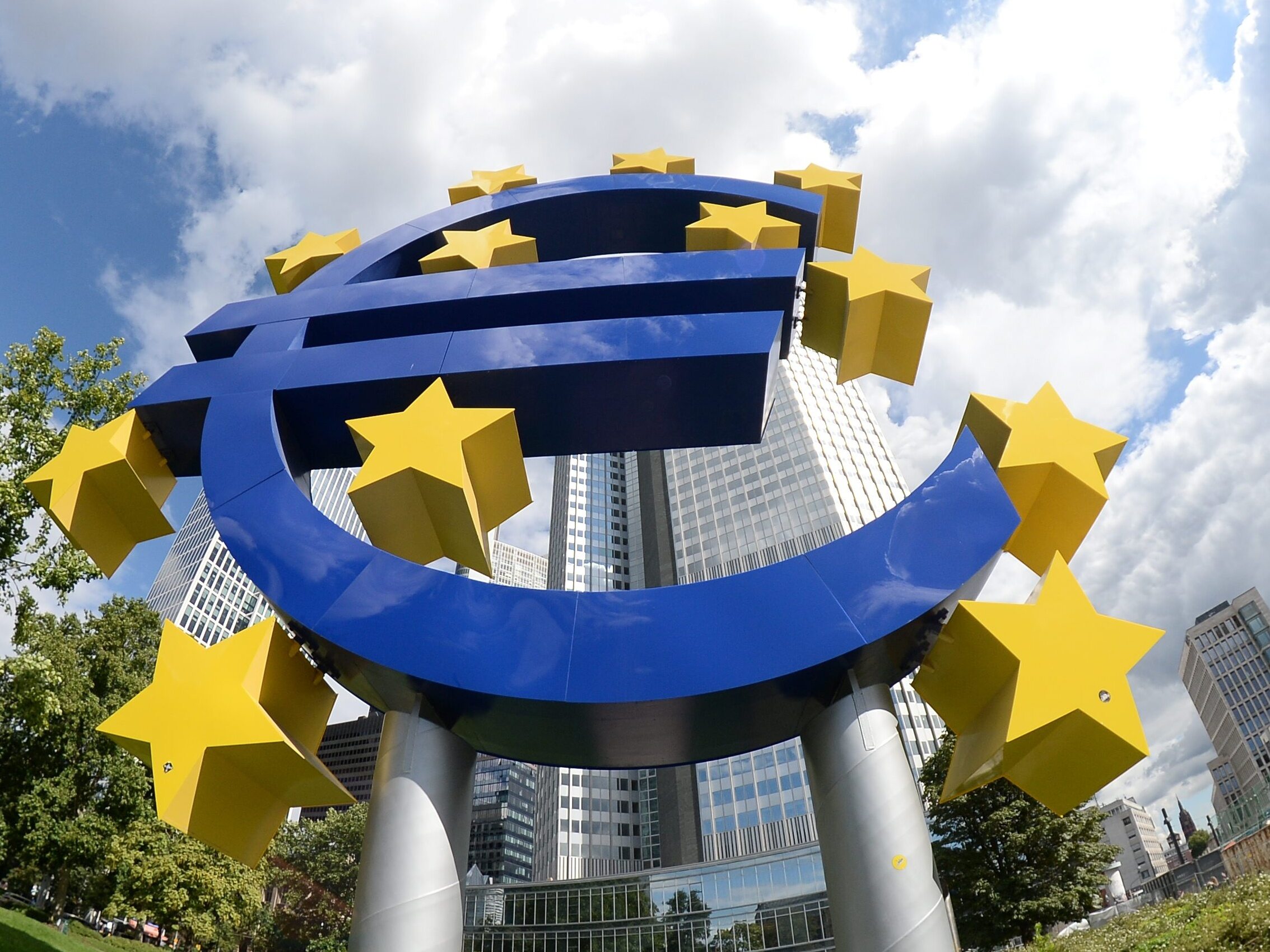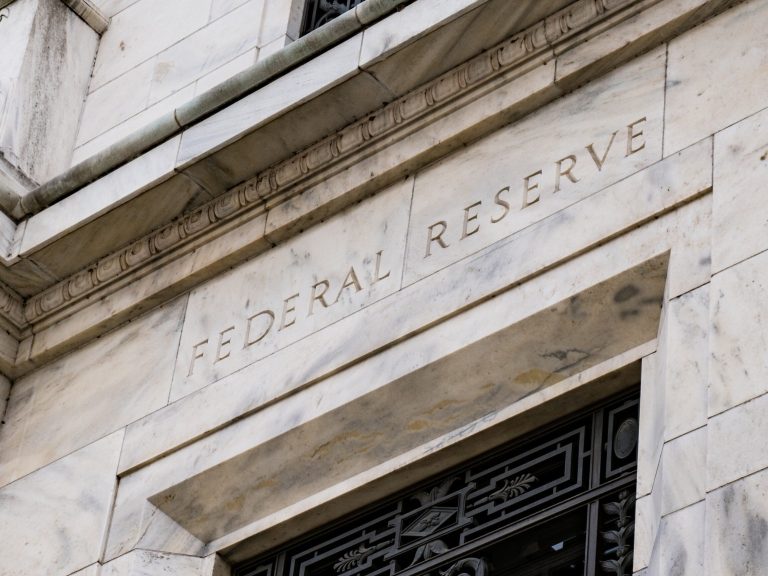It’s interest rate time. A series of important decisions

The Monetary Policy Council decided on the level of interest rates. The European Central Bank will also do the same in a week. Markets live on this data.
In just over a week, the European Central Bank will decide on interest rates. The black-out period will begin tomorrow, which will mean no comments from ECB representatives on monetary policy. The euro is weakening and the EUR/USD rate drops below 1.08. Much of this is due to the words of Isabela Schnabel, who gave the markets a “dovish message” yesterday. The dollar weakened for a moment after the publication of the JOLTS survey, which showed that the labor market was cooling down. The ISM indicator was better than expected. Today in the spotlight is ADP, which will give another hint before Friday’s NFP.
The market reacts to Schnabel’s words
Yesterday, Isabela Schnabel spoke quite boldly about the future of the ECB’s monetary policy. She gave some dovish signals in a Reuters interview yesterday morning, in which she more or less ruled out further interest rate increases. Although this seemed unlikely before the interview, the market used the opportunity to further speculate on reductions in the cost of money, despite the fact that Ms. Schnabel refused to say whether or when rate cuts would occur.
At the moment, the market gives almost 70 percent. chances of a downward move already in March, which means that at this point he is more dovish towards the ECB’s actions than towards what the Federal Reserve will do.
Perhaps this discounting of further moves by central banks is to some extent exaggerated. Of course, inflation in the euro zone has recently fallen significantly and, as a result, the need for further rate increases has disappeared. However, this does not automatically mean that they will be reduced immediately. There is still high wage pressure in Europe, which will translate into higher inflation for a longer period of time, which is why the ECB should act cautiously.
Exchange rates. The dollar is strengthening
Today will only bring second-order data. The fact that eurozone retail sales are likely to return to positive territory (on a monthly basis) is likely not enough to support the euro. On the other hand, ADP data from the US may surprise on the upside, giving the first foretaste of Friday’s “payrolls” – an increase in new jobs and a stabilization of the unemployment rate are expected. Today’s stronger data may bring some benefits to the dollar and cause further declines in the EUR/USD rate.






